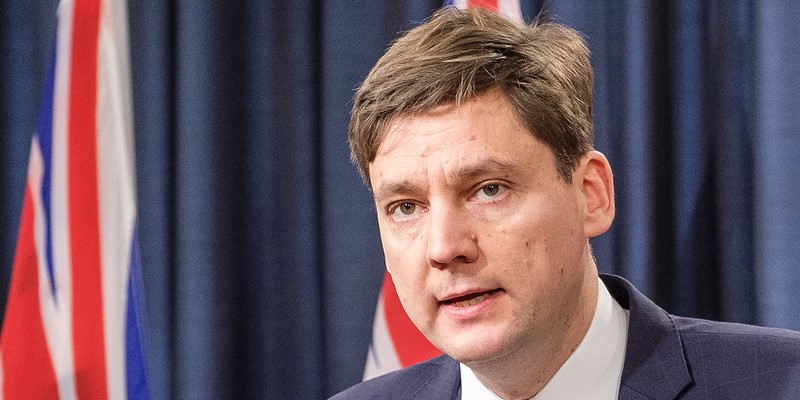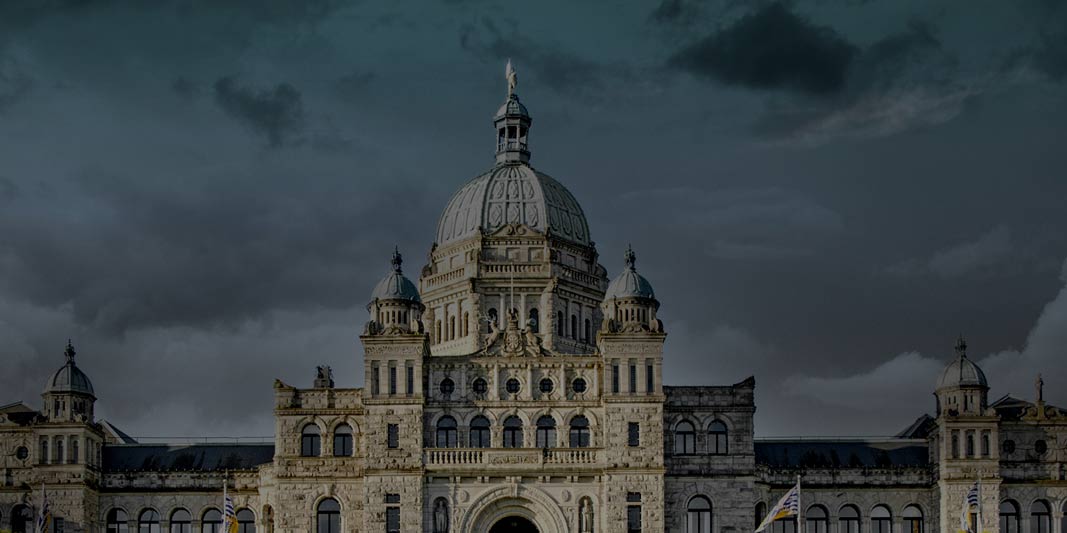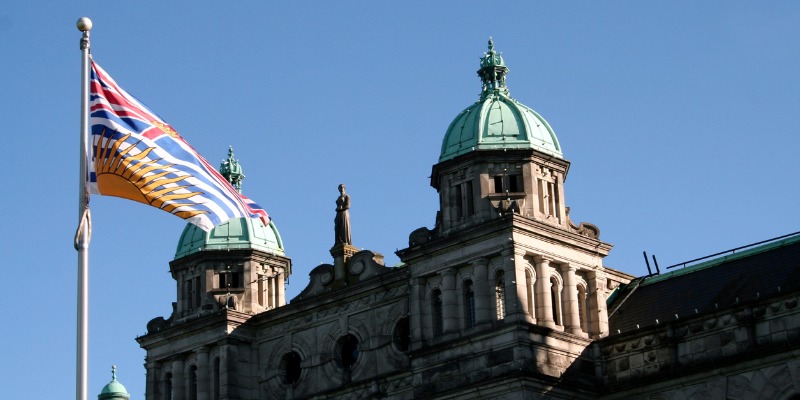The government's debt interest payments will increase from a projected $500 per person in 2022/23 to nearly $1,000 in 2026/27.
bc deficit
September 19, 2024
1:39PM
Once you factor in capital spending, the province's debt increases by $18.9 billion this year.
September 14, 2024
12:41PM
To be cost-effective, carbon taxes must meet certain conditions.
February 22, 2024
3:34PM
The government plans to overspend by $11.2 billion relative to its 2023 budget plan.
May 14, 2020
11:56AM
Debt as a share of the provincial economy could reach up to 19.8 per cent this year.
May 11, 2020
2:37PM
The provincial budget projected that net debt would grow to $48.9 billion in 2020/21.
May 7, 2020
9:51AM
CIBC predicts the province's unemployment rate will rise to 9.7 per cent.
August 10, 2018
8:38AM
After just one full year in power, it seems British Columbians may be seeing history repeat itself with a return to the big spending NDP government of the 1990s.










